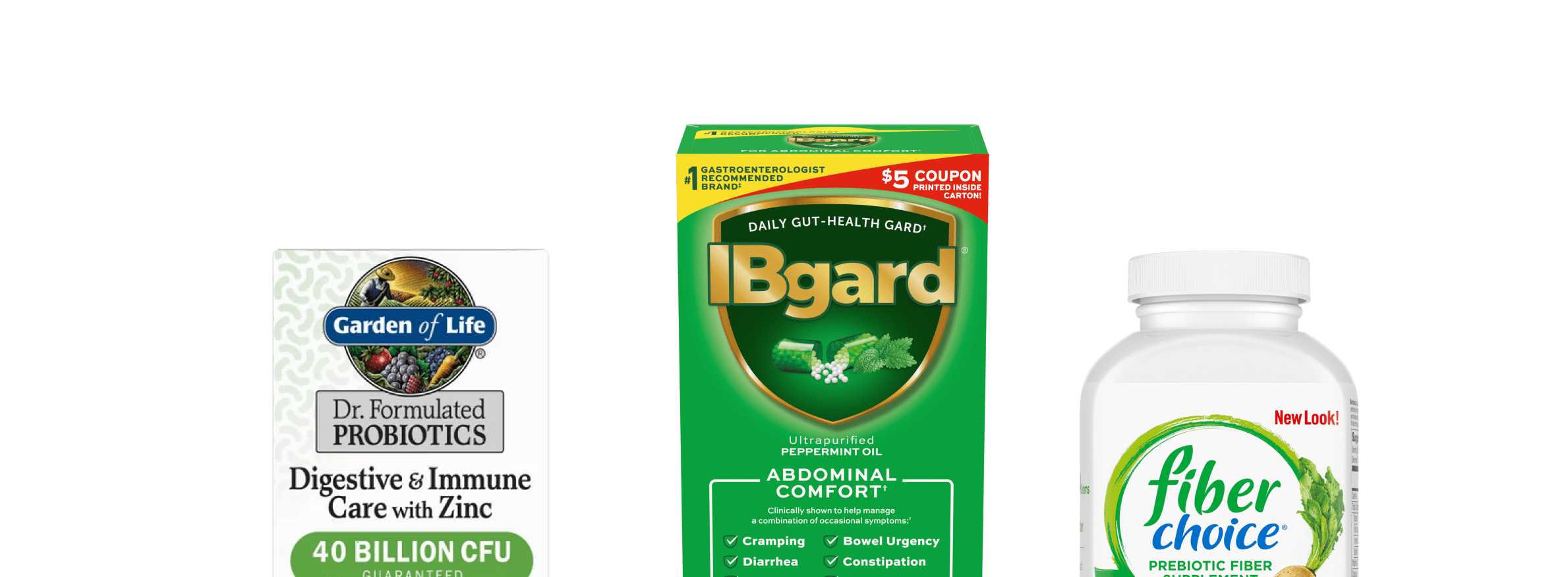Gut Health Supplement: A Key to Maintaining a Healthy Digestive System
Gut Health Supplement: A Key to Maintaining a Healthy Digestive System
Blog Article
Discover the Secret to Digestion and Immunity With Gut Health Assistance

Recognizing Gut Wellness
Understanding gut wellness is important for total wellness, as it plays a substantial role in digestion, resistance, and even mental wellness. The intestine, comprising the intestinal system, is accountable for damaging down food, soaking up nutrients, and removing waste. A balanced intestine setting guarantees effective digestion, permitting the body to make use of nutrients effectively.
Moreover, intestine health and wellness substantially influences the immune system. The digestive tract houses a significant section of the body's immune cells, and a healthy gut can assist repel virus and reduce inflammation. Interruptions in digestive tract health and wellness can bring about an over active immune feedback, possibly contributing to autoimmune disorders and allergies.
Additionally, the gut is typically referred to as the "second brain" because of the gut-brain axis, a complicated communication network linking the gut and the brain. This link affects state of mind, cognition, and psychological wellness. Problems such as dysbiosis, defined by an imbalance in gut bacteria, have actually been linked with psychological health conditions, including anxiety and depression.
The Digestive Tract Microbiome Explained

The digestive tract microbiome, a diverse community of bacteria residing in the gastrointestinal system, plays an essential function in maintaining digestive system health and wellness and general well-being. Consisting of trillions of germs, viruses, fungis, and other germs, this complicated community help in the digestion of food, the synthesis of essential nutrients, and the law of metabolic processes.
Each individual's digestive tract microbiome is unique, affected by aspects such as diet, way of living, genetics, and ecological exposures. A well balanced microbiome supports ideal digestion by breaking down facility carbohydrates, generating short-chain fatty acids, and facilitating the absorption of nutrients. Alternatively, an imbalance, usually referred to as dysbiosis, can bring about gastrointestinal problems, including cranky digestive tract syndrome (IBS) and inflammatory digestive tract illness (IBD)
Study has shown that a varied microbiome is related to better wellness outcomes, highlighting the value of nutritional options in nurturing these microbes. Foods rich in fiber, probiotics, and prebiotics, such as fruits, vegetables, and fermented products, can advertise a healthy and balanced microbiome. Understanding the gut microbiome is crucial for establishing targeted treatments aimed at improving gastrointestinal health and wellness and preventing stomach diseases.

Connection Between Food Digestion and Immunity
A robust link exists between digestion and resistance, highlighting the vital role of the intestine in preserving general health. The intestinal system is home to trillions of bacteria that form the intestine microbiome, which considerably influences both digestive processes and immune responses. This complex ecosystem help in breaking down food, absorbing nutrients, and supplying vital metabolites that sustain immune function.
When digestion is effective, the intestine barrier stays intact, protecting against harmful virus from entering the bloodstream (gut health supplement). On the other hand, poor food digestion can lead to an inequality in the microbiome, causing dysbiosis, which has actually been linked to various health concerns, consisting of inflammatory problems and autoimmune conditions. About 70% of the immune system resides in the gut-associated lymphoid tissue (GALT), which engages closely with the gut microbiome. This interaction ensures that the body immune system can properly compare unsafe and helpful compounds.
Tips for Supporting Gut Wellness
Supporting gut health and wellness is vital for preserving both digestive performance and a well-functioning immune system. To cultivate ideal intestine health and wellness, take into consideration integrating a number of practical methods into your everyday routine.
First, focus on hydration. Drinking ample water sustains digestion and helps keep the mucosal cellular lining of the intestinal tracts. Furthermore, regular physical task can boost digestive tract motility and advertise a varied microbiome.
Conscious eating techniques are likewise crucial. Chewing food thoroughly and eating gradually can assist food digestion and avoid over-eating, which might stress the gut. Additionally, handling tension with strategies such as reflection, yoga, or deep-breathing exercises can positively affect gut wellness, as tension is recognized to interfere with gastrointestinal processes.
Including prebiotics and probiotics into your routine is one more reliable technique. While specific foods will certainly be talked about later on, comprehending the relevance of these parts is critical. Prebiotics act as food for helpful click intestine microorganisms, while probiotics present online helpful organisms.
Last but not least, stay clear of extreme use of anti-biotics, as they can interfere with the reference balance of intestine vegetation. By adhering to these tips, you can considerably add to the maintenance of a healthy digestive tract, which is essential for general health and wellness and vigor.
Foods That Promote Intestine Wellness

Fermented foods, such as yogurt, kefir, kimchi, and sauerkraut, are rich in probiotics, which are beneficial germs that support gut plants and enhance digestion. These foods can help bring back balance in the digestive tract, specifically after antibiotic use or digestion disruptions.
Along with fermented alternatives, prebiotic foods, such as garlic, onions, asparagus, and bananas, act as nourishment for these probiotics, advertising their development and task. These soluble fibers sustain digestive tract mobility and can relieve issues like bowel irregularity.
Furthermore, including high-fiber foods, consisting of entire grains, vegetables, fruits, and vegetables, is essential for keeping a healthy and balanced digestive tract. Fiber aids in routine digestive tract activities and helps prevent digestion conditions.
Last but not least, omega-3 fatty acids located in fatty fish, flaxseeds, and walnuts have anti-inflammatory residential or commercial properties that can even more support gut health. Emphasizing these foods in your diet regimen can result in a robust digestion system and improved immune function.
Verdict
To conclude, focusing on intestine health is crucial for optimizing food digestion and improving resistance. you can look here A well balanced gut microbiome, influenced by dietary selections and lifestyle factors, plays a vital duty in nutrient absorption and swelling decrease. Incorporating fermented foods, prebiotics, and high-fiber choices, together with appropriate hydration and stress and anxiety administration, can considerably advertise digestive tract health. By taking on these techniques, individuals can sustain general wellness and vigor, opening the prospective advantages of a well-functioning intestinal system.
Recognizing intestine health and wellness is critical for total well-being, as it plays a significant function in digestion, immunity, and even mental health and wellness. The gut houses a significant section of the body's immune cells, and a healthy intestine can assist fend off virus and minimize swelling.Furthermore, the gut is usually referred to as the "second mind" due to the gut-brain axis, a complicated communication network connecting the brain and the digestive tract.A robust connection exists between food digestion and immunity, highlighting the vital role of the intestine in maintaining general health and wellness.In final thought, prioritizing gut health is necessary for optimizing digestion and improving immunity.
Report this page